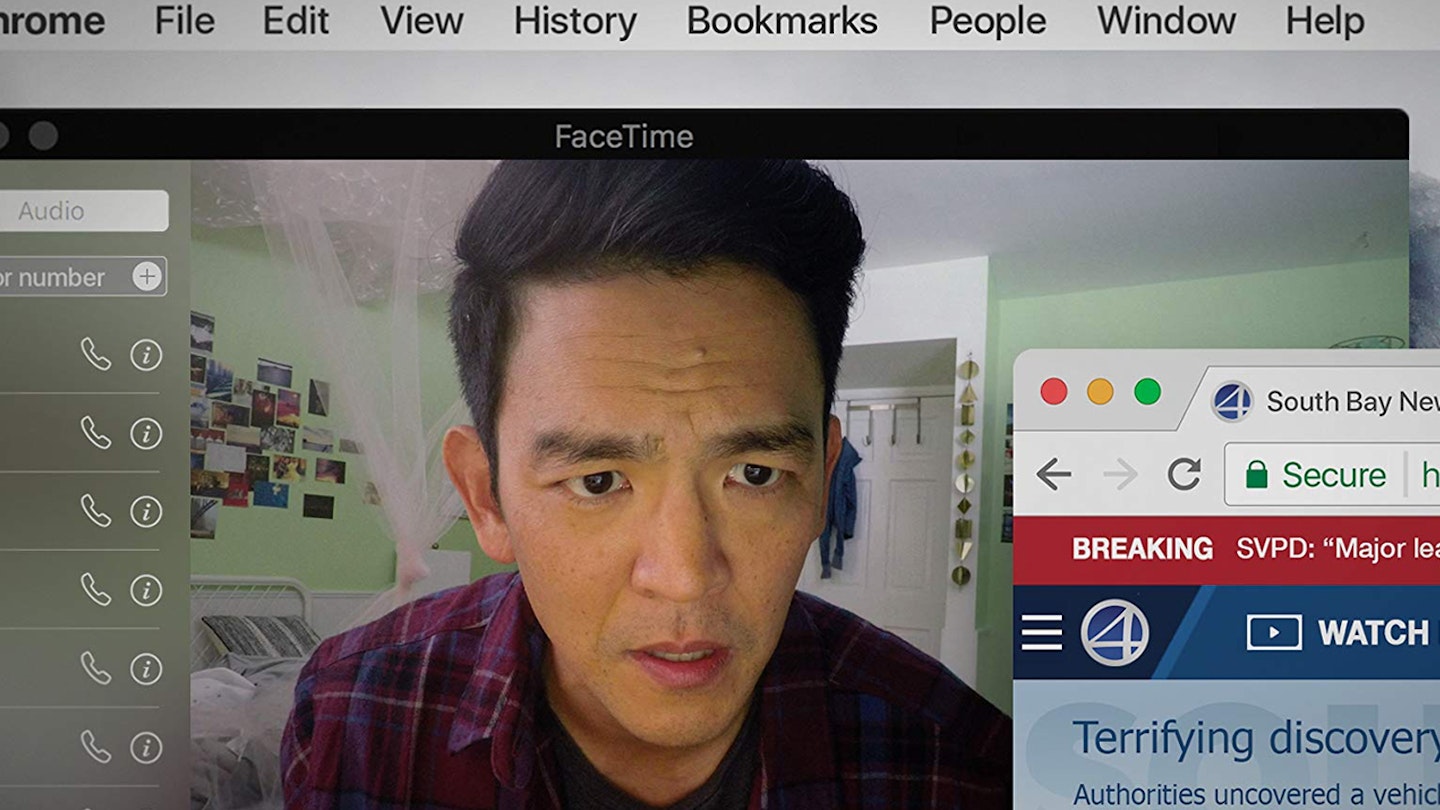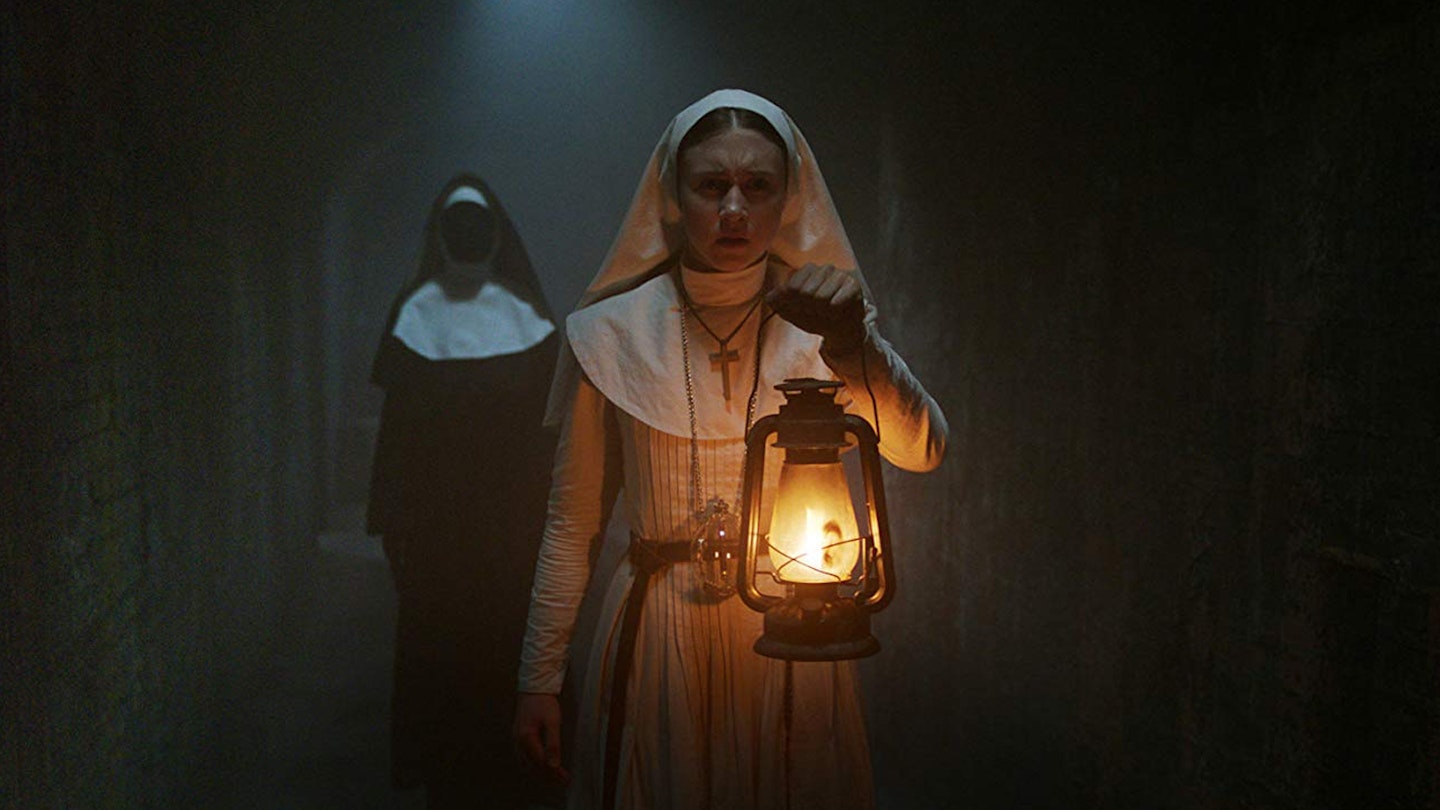It’s easy to get fixated on the gimmick of Searching. Its entire story is told on a computer screen. Via FaceTime chats, YouTube clips, Google searches and, that most thrilling of visual media, Excel spreadsheets, we watch the unfolding drama of the disappearance of a teenage girl, Margot (La), and her dad David’s (Cho) desperate mission to find out what happened to her. It’s more than just a gimmick, though. It’s a highly entertaining, fast-moving and gripping drama with a solid emotional core.

The gimmick is used very well by first-time director Aneesh Chaganty. In the opening ten minutes, he sets out his conceit by giving us Margot’s entire childhood on a computer screen. We see saved photos of her first day in each school grade, her parents beaming behind her; video clips of piano lessons with her mum and playing with dad; then her mum’s Google search for fighting lymphoma; emails about remission then relapse; a calendar with the note “mom comes home!” moved later and later, until it’s deleted. It’s a bit like a less cute version of the opening of Up. Within just a few minutes Chaganty has fully established Margot’s dynamic with her father and the loss both feel without Margot’s mother. Then he upends everything with Margot’s disappearance and her dad’s realisation that she had a whole life that he knew nothing about.
The film can be shown entirely on a computer because that’s where David spends most of his life.
Primarily, Searching is a thriller, and a very effective one. It keeps the clues and twists coming thick and fast as David both helps and hinders the detective (Debra Messing) leading the hunt for Margot. Despite the static nature of the computer screen, Chaganty gives it energy with handheld FaceTime chats as David runs through dark woods, or urgently cut news footage on a YouTube clip, or the camera’s eye sweeping around the screen picking up details. It’s always in motion. Great credit to Cho for commanding the screen when he spends most of his time sitting down and looking just slightly to the right of the camera. Very occasionally, Chaganty pushes the conceit too far, putting in “breaking news” footage that has way too much detail to be believable, because it’s the only way to get in certain information he needs to continue the story. It doesn’t derail it, though. The approach gives it some licence to be pulpy. The heightened presentation allows for heightened storytelling.
There’s some neat character exploration going on too. The film can be shown entirely on a computer because that’s where David spends most of his life. His human interactions are almost entirely via webcam. He’ll open up tab after tab of news stories he never reads. Even when he’s asleep, his computer is awake and ready. Subtly, Chaganty conveys a man who isn’t coping with his wife’s death, who both needs constant distraction and interaction, but can’t bring himself to be physically around people. He’s a man who can never go offline. Searching will make you wonder whether you should ever share anything online again.







